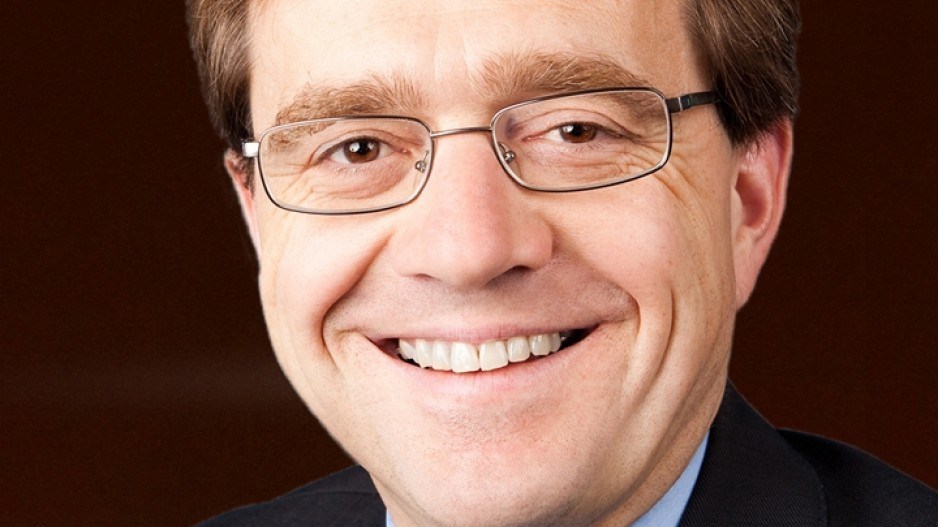While the Trudeau government wrestles with how to respond to an appellate court decision that has put the $7.4 billion Trans Mountain pipeline on hold, Business in Vancouver spoke with Jonathan Wilkinson, Liberal MP for North Vancouver and Canada’s new minister of Fisheries and Oceans, about its options.
Q: One of the flaws identified by the Federal Court of Appeal was that the impact of oil tankers on southern resident killer whales was not part of the National Energy Board’s project scope. But some of that work has been done, has it not?
A: We believe that we’ve done an enormous amount of work, particularly on the killer whale file, to address what the court has said. The court, of course, looked only at the scoping, not at the work that’s been done subsequently to that. So what we would need to do is prepare information that we would provide to the National Energy Board so that they could consider that in the context of ‘Have we met the test of mitigating the noise?’ It is actually being done collectively by the Department of Fisheries and Oceans, Transport Canada and Environment Canada. You have to put this in context. The noise from a container ship is no different than the noise from an oil tanker. And there are between 3,000 and 3,500 container ships that come into the Port of Vancouver. There are thousands of BC Ferries, and there are tens of thousands of recreational boaters out there. So if you are going to save these whales, the mitigation has to be much broader than a few more oil tankers. It has to relate to how we’re managing shipping generally.
Q: The prime minister has said he is looking at all options, including legislation. Sen. Doug Black has a bill that would assert Canada’s authority and push the expansion through. Is this an option?
A: One would have to question, and have to look at, the constitutionality of that kind of a nuclear option. Particularly with respect to the Indigenous consultation piece, I don’t think that there is likely a position that, either legally or ethically, the government could take where you essentially say we’re not going to bother with the Indigenous consultation piece. That’s part of Section 35 of the Constitution. And to be honest, I think that’s the piece that we need to ensure we’re taking the appropriate time on, and that’s the one that will probably take more time.
Q: If your government decides to follow the appellate court’s directions, the biggest task will be First Nations consultations. The Tsleil-Waututh have made it clear that they will never accept the pipeline expansion. How do you accommodate a party that will never give its consent?
A: There are some First Nations that are quite opposed to the project. That being said, I think what the court said was you do need to undertake the consultation and you need to seriously consider whether there are things you can do to accommodate some of those concerns. That doesn’t mean that you don’t do the project because there are some groups opposed. But it does mean that you have to be looking seriously at whether there are some elements of what they’re saying that you could accommodate in some way.
Q: The prime minister hasn’t ruled out an appeal to the Supreme Court of Canada. Wouldn’t that take a year or two for a decision?
A: It’s certainly possible. Again, part of the determinations and deliberations that we’re having is which options may allow us to expedite the process more quickly. It’s not the only consideration, obviously, but it’s one of the considerations.
Q: Are there any misconceptions about the court ruling you would like to clear up?
A: Some people have either misinterpreted, or deliberately misinterpreted, the decision of the court. The court said there [are] a couple of additional things that needed to be done. It didn’t say that the project is over. It didn’t say these were impediments that couldn’t be addressed. So when there are folks saying this is the end of the Trans Mountain project, I think they’ve misunderstood what the court said.
For related story, see Ottawa’s choices: renegotiate, appeal or expropriate.




